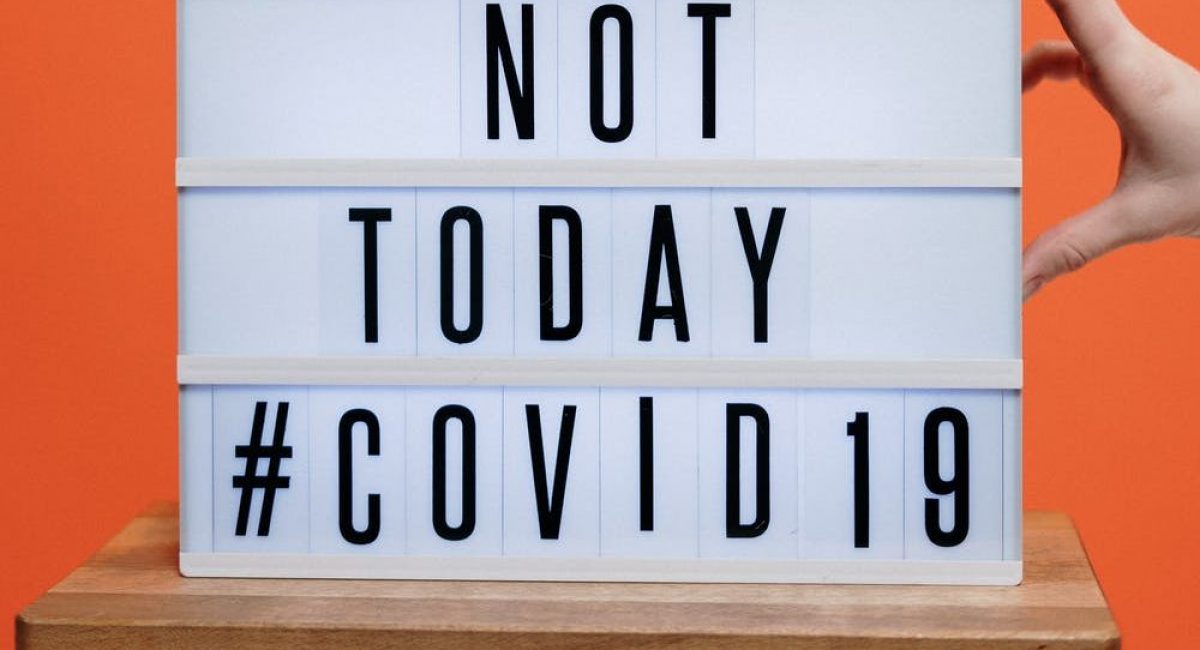Life as a mindset mentor during COVID-19
Death coaching during COVID-19
Two days after COVID-19 hit us over here in Barcelona, Spain, a friend and colleague’s mother (Maria) died of the virus. She was admitted on the Tuesday night, on the ventilator by Friday and by Sunday the family were told she would not survive and that they needed her bed to save another life. Within 5 hours of being “unplugged”, she was dead.
My friend had to self isolate with her father and grieve without her husband and children; her mother had had to die alone in an over stretched hospital and was “unplugged” far quicker than she would have been in normal circumstances; the doctor who broke the news turned out to be a junior doctor with zero experience of breaking bad news to patients. I jumped into action to support my friend and her family (even though I had never met them before) and within 24 hours of the Maria’s passing, all members of the family had had a crash course in connecting with ZOOM and we celebrated her life in a spontaneous virtual funeral. My friend passed me the number of that junior doctor because she had said they could call her at any time but she couldn’t face making that phone call even though she had appreciated the gesture. It was an incredibly compassionate act for that junior doctor to give her number and whilst it broke hospital protocol, COVID-19 has given us permission to bend the rules and break down barriers between patients and doctors in the name of human connection. That connection is crucial for our mental health.
I called the doctor the next day to check in with her and she fell apart. She was having to deal with unprecedented situations and was out of her depth and on a steep learning curve with zero support. Her head was a whirl and I invited her to stop a minute and just take some deep breaths together. I’m not a yogi but I could sense over the phone that what she most needed was to cry, let off some steam and just share a quiet moment with a stranger. It was a hugely powerful call and we agreed to keep in touch. She called me a few days later to tell me that the lady who had taken Maria’s ventilator had survived COVID-19 and asked me to call my friend to share the news as she wasn’t sure how that message would land. I encouraged her to make that call herself. And she did. That simple act of kindness brought comfort to both my friend in her time of sorrow and some peace to that junior doctor who had felt guilty about how she had handled that initial call.

I’ve been offering emotional support to medical professionals every day since and supported numerous families virtual funerals.
“Does that make you a “Death Coach”?” asked a work colleague this week. I wouldn’t describe myself as a death coach but COVID-19 has definitely pushed my skill set to a whole other level. Many people find grief and dying hard to talk about. I weirdly don’t. Pre COVID-19 I would describe myself as a mindset mentor for brain tumour survivors advocating for more holistic, stream lined life after cure services. My work as a Patient Engagement Leader over the last 9 years since both my husband and son survived brain related illnesses has been low key and under the radar. COVID-19 has made me bolder, more vocal about sharing best practice and strategies for both survivors and medical professionals. I feel like now is the perfect time for us to bridge the gap between the patient world and the medical world. Medical professionals are our heroes. But they are also human. We are all having to work harder than ever at managing challenging conversations, we are all out of our depth and we will all benefit from sharing experiences so no one feels alone. Having a safe space to be open and honest about our fears is crucial at this time, regardless of whether we are a survivor or a medical professional.
I have never shared my thoughts and opinions on social media platforms but COVID-19 has given me the push. I am now on Twitter; have posted on You tube; written blogs; have participated in online training for medical students and I’m half way through finishing a book on life after cure. And its only week 5 of compulsory lock down.
COVID-19 gives us an opportunity to work out what really matters to us in life. I have made more of a difference in these 5 weeks than I have in the 9 years since I started working in the Patient Engagement world. I didn’t think I had anything to say worth sharing. Now I do.